Last Week in Church History (Feb 13th-18th)
13th February — Ps D.P. Williams
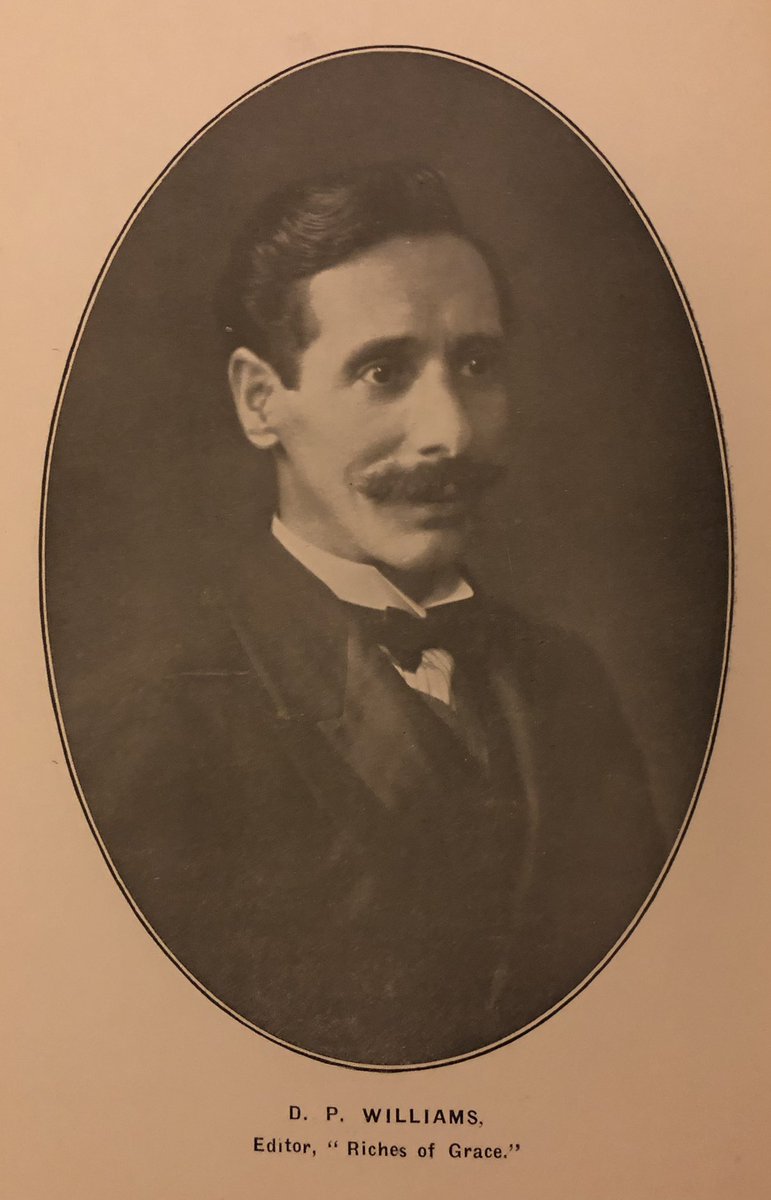
On this day, Ps D.P. Williams, the first president of the Apostolic Church, left a very snowy Penygroes to be with his Lord in glory. He had trusted Jesus through some very difficult times and pointed people to Jesus all over the world.
Donald Gee wrote that D.P. Williams ‘proved himself a Christian of sweet and gracious personality, and no mean ability in spiritual ministry and organising gifts.’
When George Jeffreys got the news that D.P. Williams had died, he was dumbfounded and couldn’t speak. Eventually he said: ‘A great man has been called home. A great loss has been sustained by the Church of God in the world today.’
As a schoolboy in Welsh-speaking west Wales, his teachers had insisted he’d never master the English language. But he grew up to preach Christ, write of the Saviour and His Church, and compose hymns to glorify the Triune God in both languages.
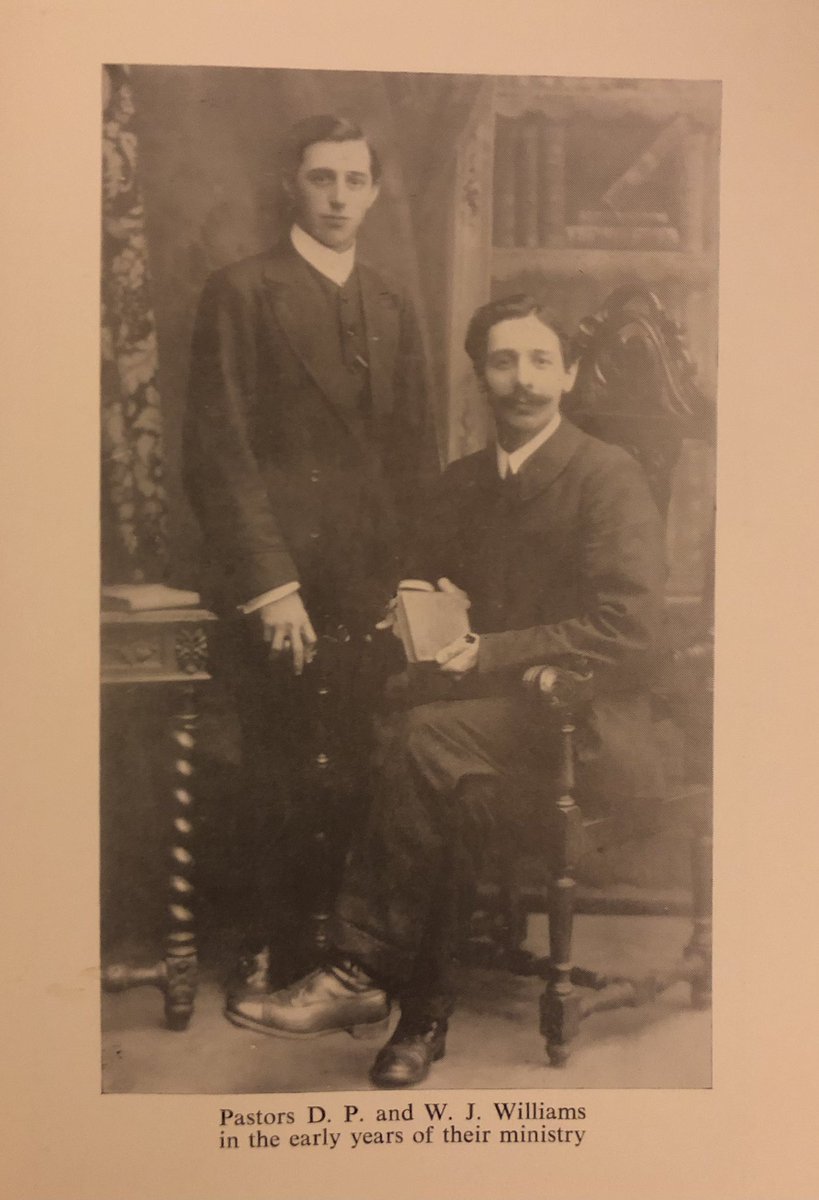
He had a vision in which he saw Christ on the cross, with His blood flowing down to Dan and cleansing him of all his sin. The Holy Spirit had convicted him of his sin and opened his heart to receive the Saviour.
Dan started telling his fellow coal miners about Jesus while they were down in the pit, and many came to the Lord. In 1906, he was called to the ministry in Penygroes Chapel and spent the next 6 years preaching in 80 chapels all over west Wales.
With the busyness of mining & travelling to preach, Dan suffered from a burnout in 1909, so was sent off to the seaside at Aberaeron to recover. And there he met a group of Pentecostals. He joined them to pray on top of a hill overlooking the bay, and the Holy Spirit fell on Dan.
He started meeting with others in Penygroes who had had the same experience of baptism in the Spirit during the Revival who had begun a wee assembly there in 1907 — the first assembly of the Apostolic Church. In 1910 a prophecy in the assembly called Dan as pastor.
By the time Pastor Dan died, that one assembly in Penygroes had become several hundred across the UK, and several thousands belting the globe. Today more than 15 million Christians worship in the Apostolic Church.
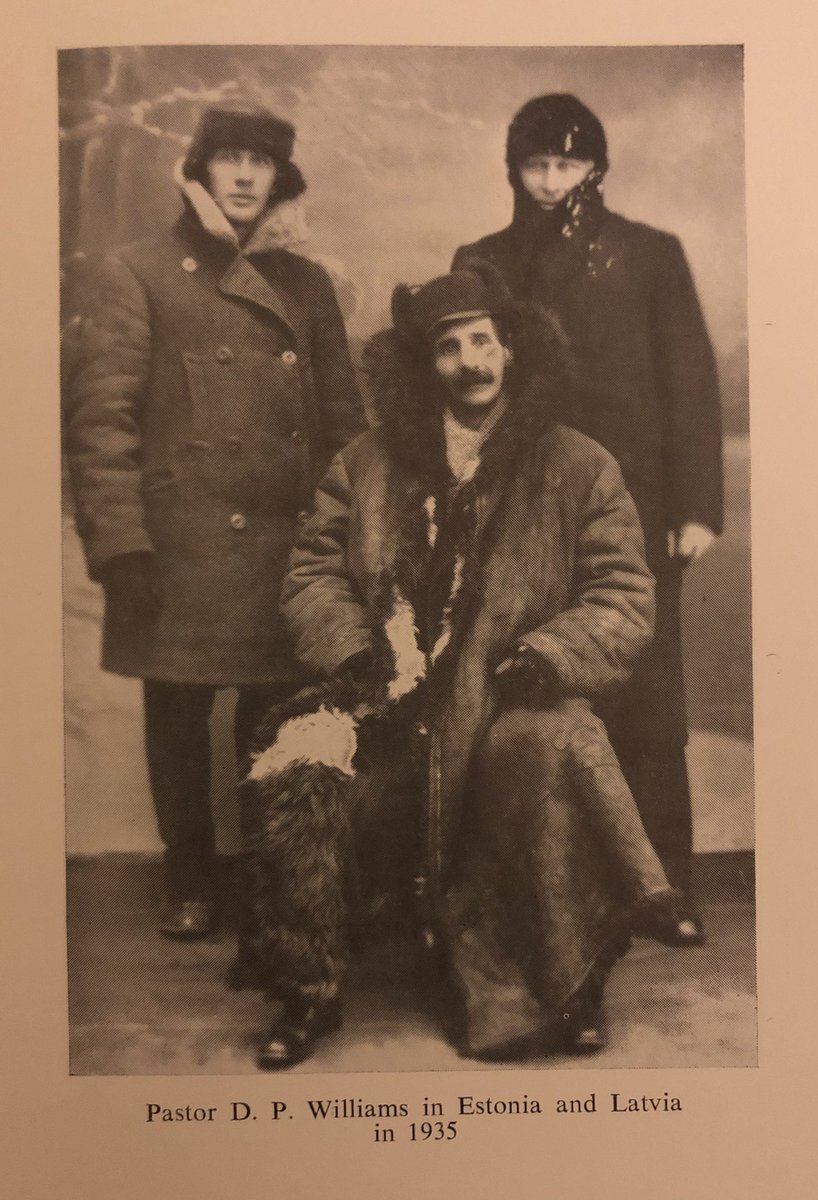
When the Penygroes Presbytery came to his death bed, Ps Dan’s dying words to them were: ‘The precious worth of the blood of the Lamb will never fail.’
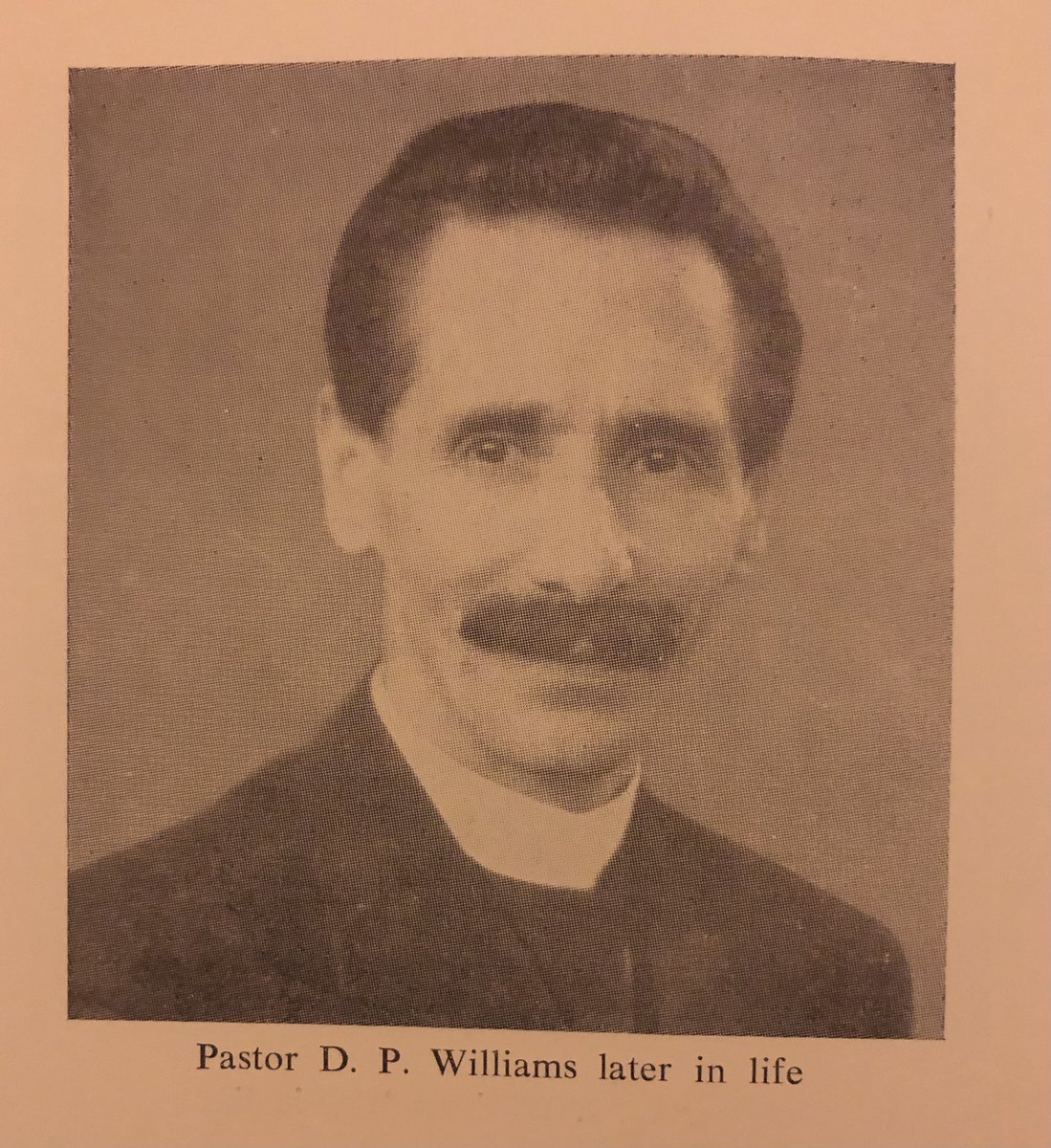
14th February — Bertram Wilberforce Wooster
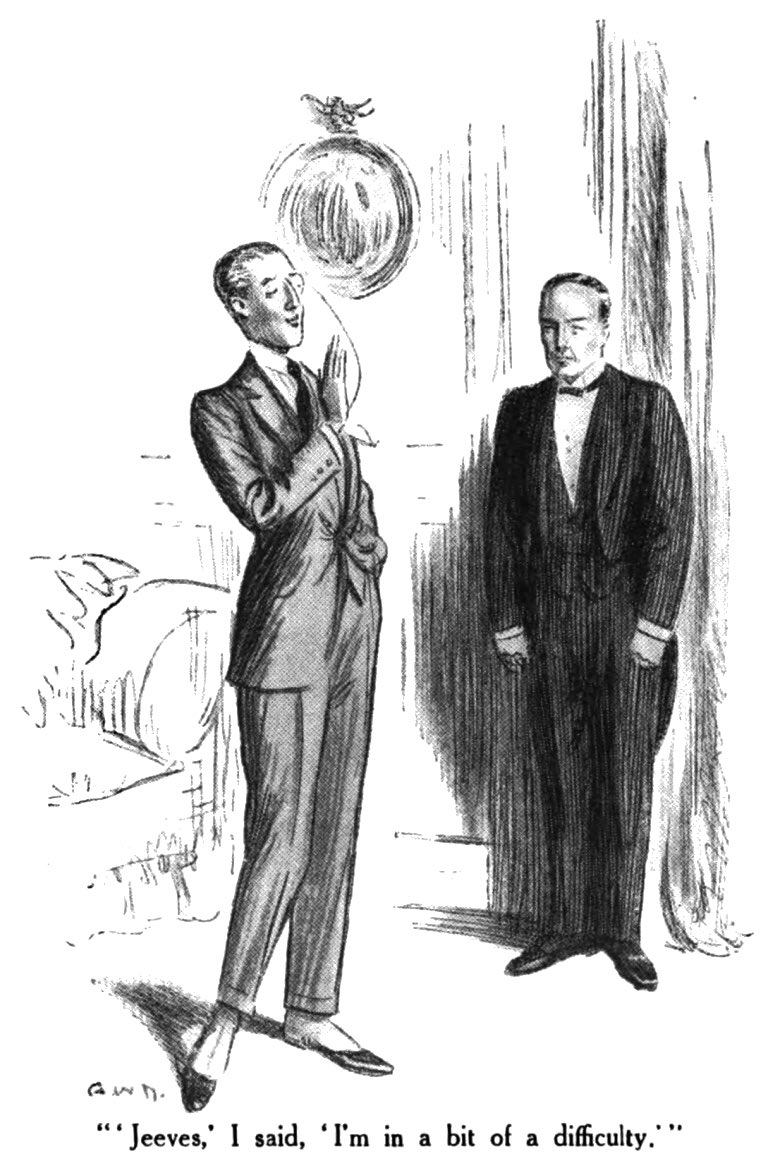
What ho! Today we remember Bertram Wilberforce Wooster. Bertie was famed for the virtues of truthfulness (he abhorred lying, having ‘spent years at his mother’s knee being taught to tell the truth’) and chastity (despite frequent unwanted engagements).
Bertie was also a model of selfless love for neighbour (‘when there is a chance of helping a pal we Woosters have no thought of self’). His ecclesial connections include that notable example of ‘muscular Christianity’, the ‘sainted’ Revd Stinker Pinker (whom he ‘loved like a b.’)
Famed for his love of the Bible, Bertie once won the school prize for Scripture knowledge and it is to be doubted ‘if there’s a man in London and the Home Counties who has the facts relating to Naboth’s Vineyard more thoroughly at his fingertips.’
Notably a fan of long sermons (‘old Heppenstall never used to preach under half an hour, and there was one sermon of his on Brotherly Love which lasted forty-five minutes if it lasted a second’ — it actually lasted 50 minutes yet Bertie insisted he preach every word of it again).
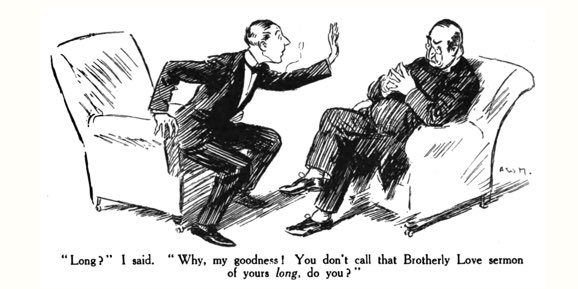
14th February — Cyril and Methodius
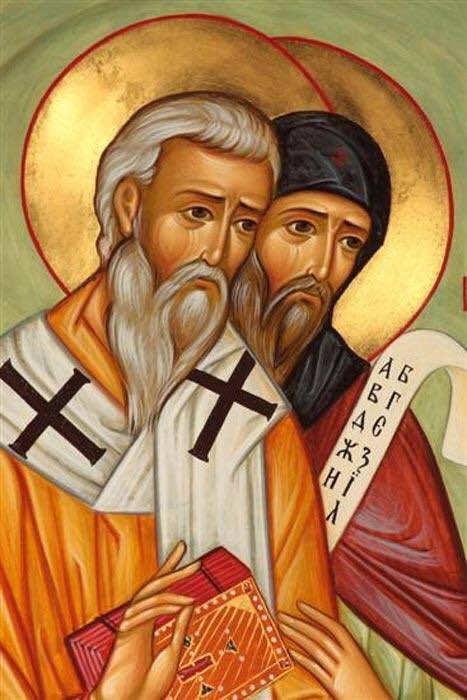
Initially a professor at the University of Constantinople, Cyril was sent by his former colleague and mentor (who had now become Patriarch) on a mission to the Khazars, due to his understanding of both Judaism and Islam.
In 862 Ratislav of Great Moravia wrote to the Emperor in Constantinople asking for missionaries for his people. (On Ratislav’s part this was a political move—he’d expelled Roman missionaries and was trying to align himself with the East instead.) In response he got the brothers.
Cyril and Methodius realised the first thing they needed to do was translate the Gospels. But Slavic wasn’t a written language. So in order to translate Scripture, they first had to come up with a way to write it down. Hence Cyril and Methodius invented the first Slavic alphabet.
Using the native language of the Slavs for preaching and worship (instead of Greek or Latin) resulted in a great success for Cyril and Methodius’ mission. But they soon came into conflict with western missionaries who insisted that Latin must be used for worship.
Seeking a peaceful resolution to the conflict, the brothers travelled to Rome where the Pope not only received them gladly, but authorised the Slavic liturgy and their mission. But Cyril died there in Rome on this day in 869. Methodius continued and expanded the mission.
O Lord of all the earth, who draws people from every tribe and tongue to Your salvation: give us wisdom, like Cyril & Methodius, to share the good news of Your Son in words which will be understood by those around us.
15th February —Michael Praetorius
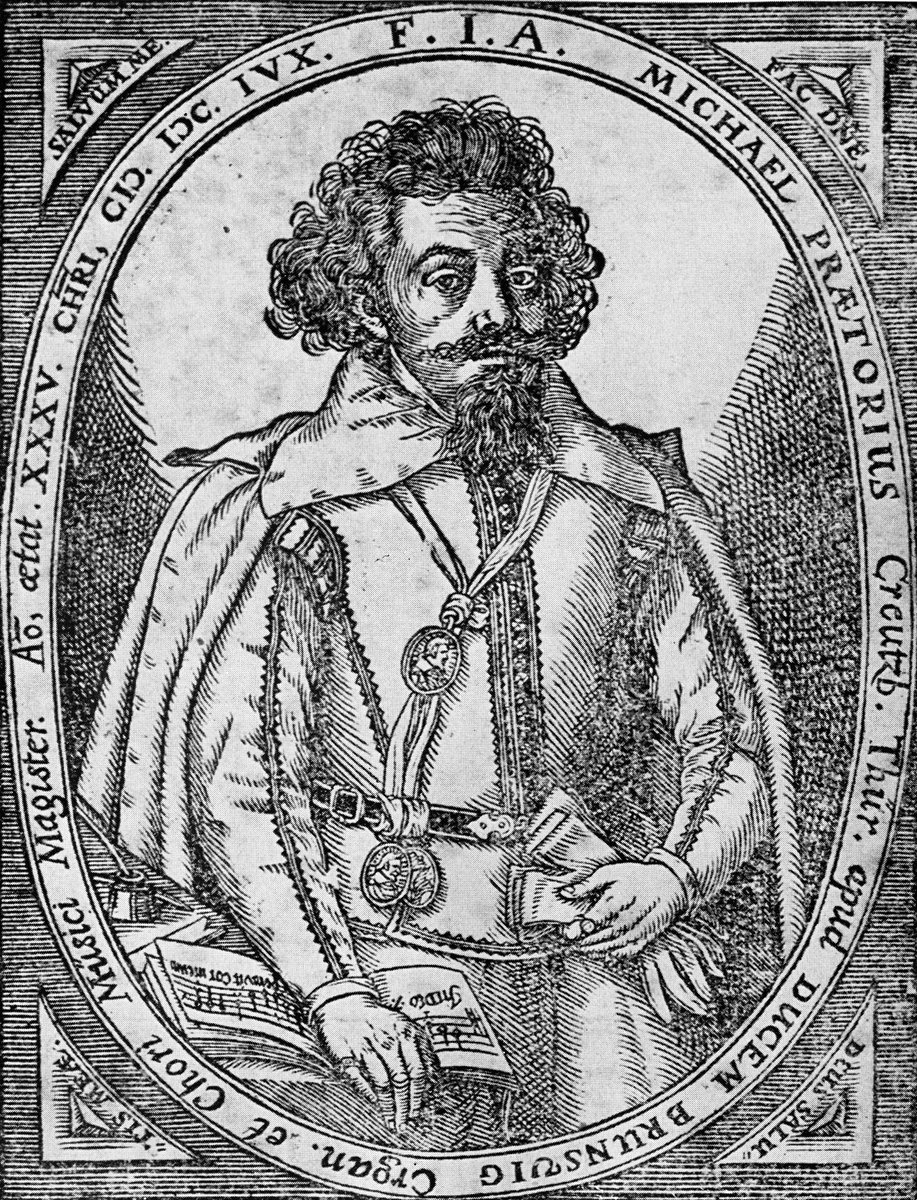
His aspiration to follow his father and brothers into the Lutheran ministry may not have been fulfilled on earth, but he ensured the Gospel was proclaimed in sermon and song through his compositions.
‘The highest & greatest purpose, which man himself has in common with the blessed angels, destines and devotes him to the genuine practice of divine worship’, wrote Praetorius. Our highest purpose is ‘conception of God and celebration of Him.’ And so we need both ‘sermon & song’.
‘When Sermon & Song are one in faith by orthodox agreement and harmony, the same confession of the doctrine of Christ, that through His blood propitiation has been made, is preached and celebrated.’
By the Church’s song, the Holy Spirit is preparing us for the worship of heaven, as we ‘begin to do here, however imperfectly, what we hope to do perfectly in heaven.’ (And so music must be well-written if it’s in any way to reflect the music of heaven.)
So, to remember Praetorius today, here’s one of my favourite albums ever, his Christmas morning Communion service.
16th February — B.B. Warfield
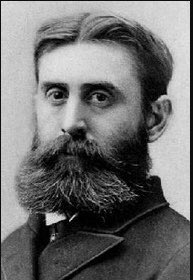
On this day, Benjamin Breckinridge Warfield fell asleep in Jesus. Warfield strongly defended the inerrancy of Scripture, demonstrating in his scholarly work that this was indeed the historic orthodox position, and not a recent innovation.
He was also an outspoken opponent of racism. He not only wrote against the ‘wicked caste system’ of segregation, but also desegregated the halls of residence at Princeton, despite opposition from other members of the faculty.
Warfield was not only a major theologian, but a godly and loving husband. His wife, Annie, had been struck by lightning shortly after their marriage & for the next 39 years until her death he looked after her, eventually never being away from home for more than 2 hours at a time.
O Lord God of Truth, who speaks and it comes to pass: may we like Benjamin Warfield trust always in the absolute truthfulness of Your Word, that we may ever more be transformed in love through faith in Christ the living Word.
17th February — Janani Luwum
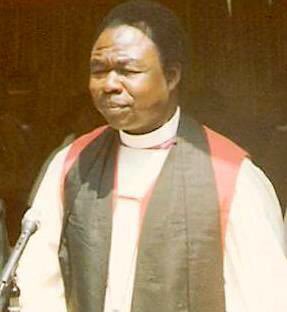
Around now is the anniversary of the death of Janani Luwum (unfortunately I was following Western sources originally which said 17th Feb, but I’ve now found out Uganda marks the day on 16th Feb). You might remember him from the story of Festo Kivengere a few weeks ago.
Janani Luwum came to personal faith in Jesus while working as a schoolteacher, and immediately started calling others to trust in Jesus. After being ordained an Anglican priest, he became principal of the theological college where he had trained, then bishop, and then archbishop.
As archbishop, Luwum spoke out in criticism of Idi Amin and warned the church not to conform to ‘the powers of darkness.’ Amin was not amused. He accused Luwum of treason and had him arrested on 16th February, 1977. Luwuwn said: ‘They are going to kill me. I am not afraid.’
The next day (17th February) Radio Uganda announced that the Archbishop had died in a car crash. But when Luwum’s body was released for burial it was riddled with bullets. The car crash story was an attempt to cover up his murder.
The next June, there was a big celebration to mark 100 years since the first preaching of the gospel in Uganda. Many who attended testified that they had returned to faith in Christ because they had seen the faithfulness and courage of Janani Luwum in the face of death.
‘I am prepared to die in the army of Jesus. As Jesus shed his blood for his people, if it is God’s will, I do the same.’ —Janani Luwum
18th February — Martin Luther
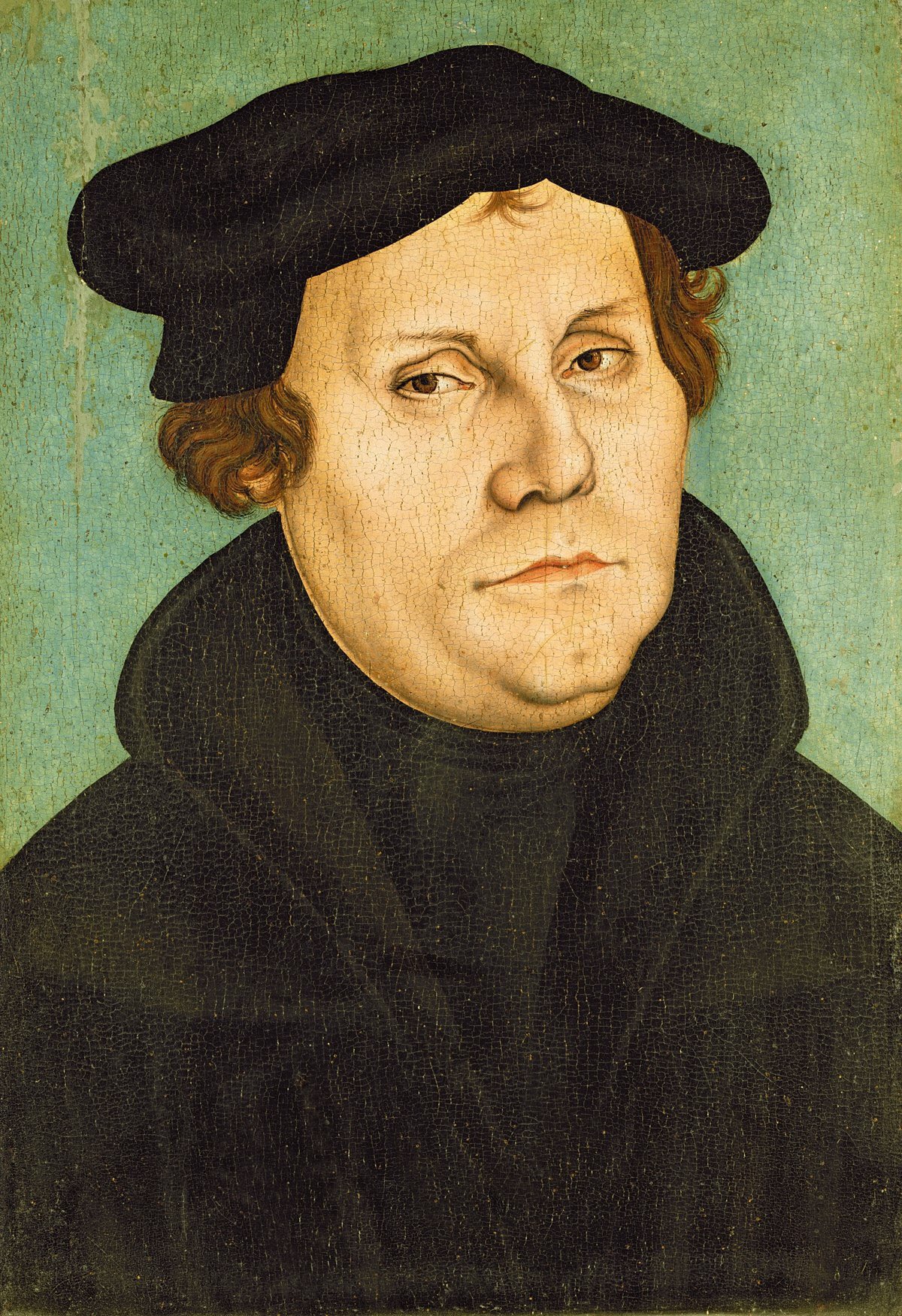
To his dying breath, Luther’s confidence was not in anything he had done, but only in the undeserved grace of God in the life, death and resurrection of Jesus Christ. We are beggars with nothing in our hands, but God gives us the gift of His Son, the Bread of Life.
O God, our Refuge & our Strength, who raised up Your servant Martin Luther to reform & renew Your Church in the light of Your Living Word: defend & purify Your Church in our day, & grant that we may boldly proclaim Christ’s faithfulness unto death & His vindicating resurrection.